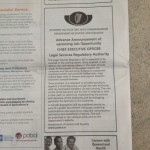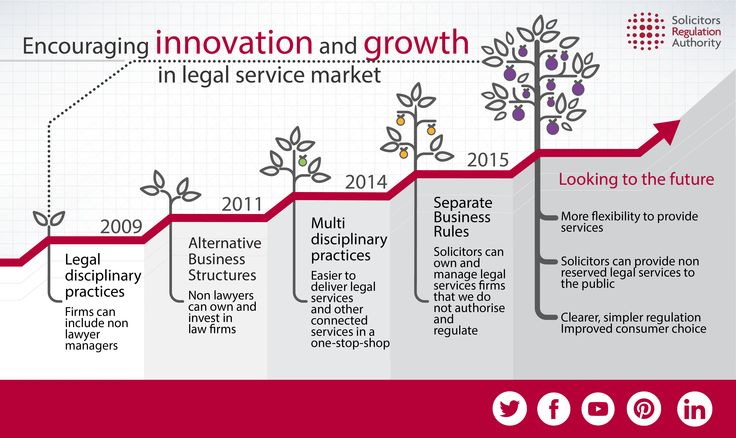 Pictured left is a thumbnail of a photograph of an advertisment that appeared in last Friday’s Irish Times (click through for the full size photograph, where the advertisment is more readable; it’s not online anywhere I can find). It is an advance announcement of the upcoming vacancy for Chief Executive Officer of the Legal Services Regulation Authority (LSRA). I suspect that, when the advertisment was placed, it was expected that the Report and Final stages of the Legal Services Regulation Bill, 2011 would have been taken in the Seanad last Thursday. However, given the large volume of government amendments to the Bill, the Committee stage spilled over until Thursday, and the marathon Report stage continued through Tuesday and yesterday, when the Final stage was taken. After all the squabbles, all the controversy, and all the amendments, all that is required now is the signature of the President. The advertisement says that, once the Bill is enacted, it is intended to proceed quickly to appoint a Chief Executive and get the LSRA up and running. Presumably, the CEO and other vacancies will appear in due course on the Public Jobs website.
Pictured left is a thumbnail of a photograph of an advertisment that appeared in last Friday’s Irish Times (click through for the full size photograph, where the advertisment is more readable; it’s not online anywhere I can find). It is an advance announcement of the upcoming vacancy for Chief Executive Officer of the Legal Services Regulation Authority (LSRA). I suspect that, when the advertisment was placed, it was expected that the Report and Final stages of the Legal Services Regulation Bill, 2011 would have been taken in the Seanad last Thursday. However, given the large volume of government amendments to the Bill, the Committee stage spilled over until Thursday, and the marathon Report stage continued through Tuesday and yesterday, when the Final stage was taken. After all the squabbles, all the controversy, and all the amendments, all that is required now is the signature of the President. The advertisement says that, once the Bill is enacted, it is intended to proceed quickly to appoint a Chief Executive and get the LSRA up and running. Presumably, the CEO and other vacancies will appear in due course on the Public Jobs website.
The LRSA will consist of 11 members, with expertise in relation to the provision of legal services; legal education and legal training; competition law and policy; the maintenance of standards in professions regulated by a statutory body; dealing with complaints against members of professions regulated by a statutory body; business and commercial matters; the needs of consumers of legal services.…



/7C3530D4799A0CA580257877005BF52C/$FILE/Whos-who-in-court.gif)


